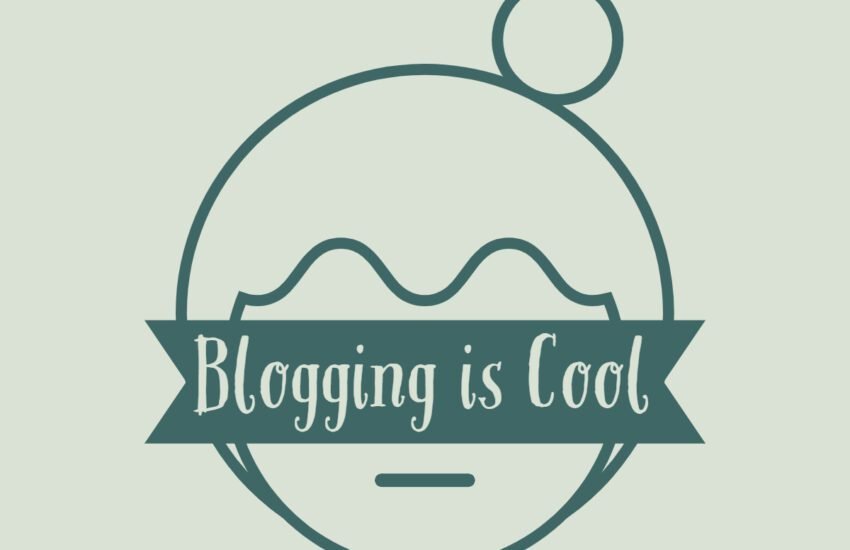How to Recover Deleted Blog Posts
- Don’t Lose Your Blog Posts
- How to Recover Blog Posts
- Conclusion
- Frequently Asked Questions
- 1. Can I recover a blog post that I accidentally deleted?
- 2. How long do blogging platforms typically store deleted posts in the trash or recycle bin?
- 3. Is it necessary to back up my blog regularly for post-deletion recovery?
- 4. Are there any third-party tools that can help recover deleted blog posts?
- 5. Can I retrieve deleted blog posts from server backups?
- 6. What should I do immediately after realizing I’ve deleted a blog post by mistake?
- 7. Are deleted blog posts still accessible through search engines or web archives?
- 8. What steps can I take to prevent accidental deletion of blog posts in the future?
- 9. Do blogging platforms provide support for recovering deleted posts?
- 10. If I can’t recover a deleted blog post, what are my options?
Don’t Lose Your Blog Posts
In the blogging world, losing a well-crafted post can be a major headache. It might happen because of a simple mistake, an oversight, or even a regrettable intentional action. But fear not, in the digital realm, where data constantly moves around, recovering deleted blog posts isn’t always a lost cause.
Let’s dive into the methods and considerations for bringing back your vanished content. First up, your blogging platform might have some built-in features like a trash bin where deleted posts hang out before they’re gone forever. Knowing how these work and their retention policies can make a big difference.
Then there’s the backup game. Regularly backing up your blog content is like having a safety net. You can explore options from your hosting provider or set up your own backup routines.
If those fail, third-party tools swoop in as a lifeline. They use fancy algorithms to scan websites and databases for any signs of your lost posts.
And don’t forget about server-side magic. Sometimes, your posts aren’t really gone; they’re just hiding in the digital shadows, waiting for a tech-savvy explorer to bring them back to light.
So, whether it’s understanding your platform, mastering backups, calling in third-party help, or digging into server secrets, there’s hope for resurrecting your lost blog posts from the digital abyss.
How to Recover Blog Posts
1. Platform or Website Policy
Some platforms or websites have features or policies in place to recover deleted content. For example, if you’re using a blogging platform like WordPress, there might be a trash feature where deleted posts are stored for a period before being permanently removed.
2. Backups
If you have backups of your blog or website, you might be able to restore deleted posts from those backups. Many hosting providers offer backup services, and it’s a good idea to regularly back up your website to prevent data loss.
3. Third-party Tools
There are third-party tools and services available that specialize in recovering deleted data from websites and databases. These tools may be able to help you retrieve deleted blog posts, but success can vary depending on factors like how long ago the post was deleted and if it’s been overwritten.
4. Server-Side Data
Sometimes, even if a post is deleted from the front end of a website, it might still exist in the website’s database or server. Accessing and retrieving this data would typically require technical expertise and access to the backend of the website.
5. Archived Versions
If your blog posts were indexed by search engines or archived by web archive services like the Wayback Machine, you might be able to find copies of the deleted posts there.
Conclusion
If you’ve deleted a blog post and want to retrieve it, it’s important to act quickly. The longer you wait, the greater the chance that the post may be overwritten or become more difficult to recover. Additionally, always be sure to check the specific policies and features of the platform or website you’re using for any options related to recovering deleted content.
In the dynamic realm of digital content creation, the potential for inadvertently deleting blog posts is an ever-present reality. However, as this exploration has illuminated, the journey towards recovering lost content is not devoid of hope. By understanding the diverse array of strategies and resources available, content creators can navigate the challenges of data loss with confidence and resilience.
From leveraging platform-specific features and implementing robust backup routines to harnessing the capabilities of third-party tools and delving into server-side dynamics, the path to post-deletion recovery is multifaceted and nuanced. While success is not always guaranteed, the proactive adoption of preventive measures and the strategic deployment of recovery techniques can significantly enhance the prospects of restoring deleted blog posts.
Ultimately, this journey serves as a testament to the resilience of digital content within the vast expanse of cyberspace. Through diligent efforts and informed decision-making, content creators can transcend the transient nature of data loss and forge ahead with renewed determination, ensuring that their narratives endure and resonate within the digital landscape for generations to come.
Frequently Asked Questions
1. Can I recover a blog post that I accidentally deleted?
Yes, in many cases, it’s possible to recover accidentally deleted blog posts. The success of recovery depends on factors such as the platform used, backup strategies, and how quickly you act after deletion.
2. How long do blogging platforms typically store deleted posts in the trash or recycle bin?
The duration varies depending on the platform. Some platforms keep deleted posts in the trash/recycle bin for a few days, while others may retain them for several weeks or even months. Check the specific policies of your blogging platform.
3. Is it necessary to back up my blog regularly for post-deletion recovery?
Yes, regular backups are crucial for post-deletion recovery. Backing up your blog ensures that you have a copy of your content stored separately, which can be used to restore deleted posts in case of accidental deletion or other data loss events.
4. Are there any third-party tools that can help recover deleted blog posts?
Yes, there are third-party tools and services designed to recover deleted blog posts. These tools typically scan your website or database for traces of deleted content and attempt to restore it. However, success rates can vary depending on various factors.
5. Can I retrieve deleted blog posts from server backups?
It’s possible to retrieve deleted blog posts from server backups if your hosting provider offers backup services. You may need to contact your hosting provider for assistance in accessing and restoring backups.
6. What should I do immediately after realizing I’ve deleted a blog post by mistake?
Act quickly. Check if your blogging platform has a trash/recycle bin feature and restore the deleted post from there if possible. If not, consider using backups or third-party recovery tools. Avoid making further changes to your blog to prevent overwriting deleted data.
7. Are deleted blog posts still accessible through search engines or web archives?
In some cases, deleted blog posts may still be accessible through search engine caches or web archive services like the Wayback Machine. However, this depends on factors such as how long ago the post was deleted and if it was indexed by search engines or archived.
8. What steps can I take to prevent accidental deletion of blog posts in the future?
To prevent accidental deletion, consider implementing user permissions and access controls on your blogging platform. Additionally, regularly back up your blog and double-check before deleting any content.
9. Do blogging platforms provide support for recovering deleted posts?
Many blogging platforms offer support for recovering deleted posts, either through built-in features like trash/recycle bins or through customer support channels. Check the help documentation or contact support for assistance.
10. If I can’t recover a deleted blog post, what are my options?
If all recovery attempts fail, consider rewriting the content or repurposing it for future posts. Use the experience as a learning opportunity to implement better backup and data management practices in the future.


